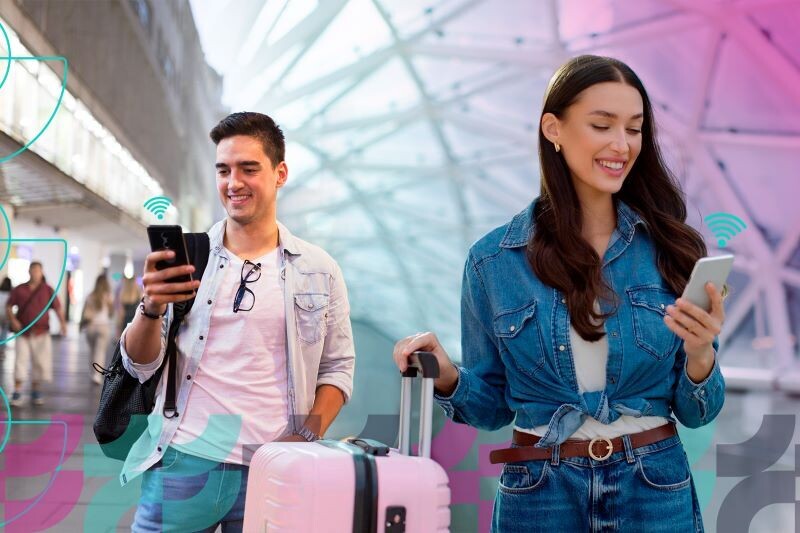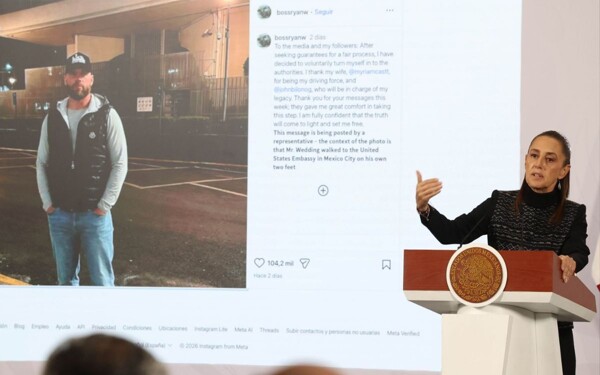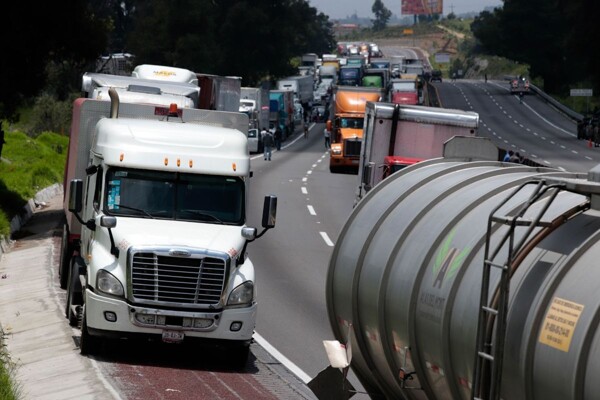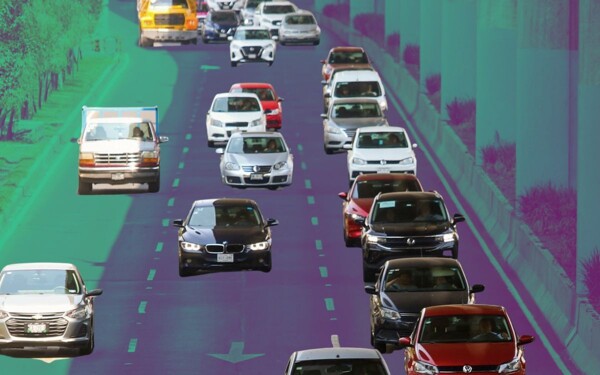
The 2026 FIFA World Cup is set to be a catalyst for Mexico to establish a new Latin American standard in hyperconnectivity, data management, and citizen experience.
The three host cities – Mexico City (CDMX), Guadalajara, and Monterrey – face the challenge of transforming their advanced digital infrastructure into a truly smart environment to welcome millions of visitors. Although CDMX already stands out as one of the most connected cities in the world, with 35,350 free WiFi access points and up to 1.2 million simultaneous users, the host cities are required to strengthen coverage, security, and urban mobility.
The Role of Data Intelligence in the Host Cities
Yassef Lotina, CEO of Datawifi, stated that the fundamental challenge towards the 2026 World Cup lies in integrating transportation, security, and connectivity under a single digital ecosystem. This requires improving the interoperability of platforms and ensuring that every sensor, WiFi point, or urban system collects useful data.
"The information collected must be converted into business intelligence to make better decisions in favor of the citizen and the tourist, creating more human, fluid, and memorable urban experiences," commented Lotina.
The expert highlighted that in a smart city, data is not stored, but rather interpreted and transformed into real solutions. This ranges from providing safer routes and more agile public services to completely personalized experiences for residents and visitors.
Smart Captive Portals and the Digital Divide
One of the critical points highlighted by Lotina is the persistent digital divide, with areas of low coverage and unequal access to digital knowledge. Lotina maintained that closing this gap implies not only the installation of antennas but also promoting digital education and collaboration between the government and the private sector to ensure inclusive and responsible connectivity.
In this context, smart captive portals emerge as a transformative tool, especially for tourism and urban marketing. These portals go beyond simple free internet access:
• They allow a tourist to receive personalized information, safe routes, notifications of nearby events, and local promotions when connecting to the public network. • They become a direct channel between the city and the visitor, generating valuable data intelligence to understand behavioral patterns and continuously improve urban services.
According to Datawifi, data intelligence is the bridge between technology and well-being, allowing cities to understand how people move and how to respond more quickly and efficiently to their needs.














